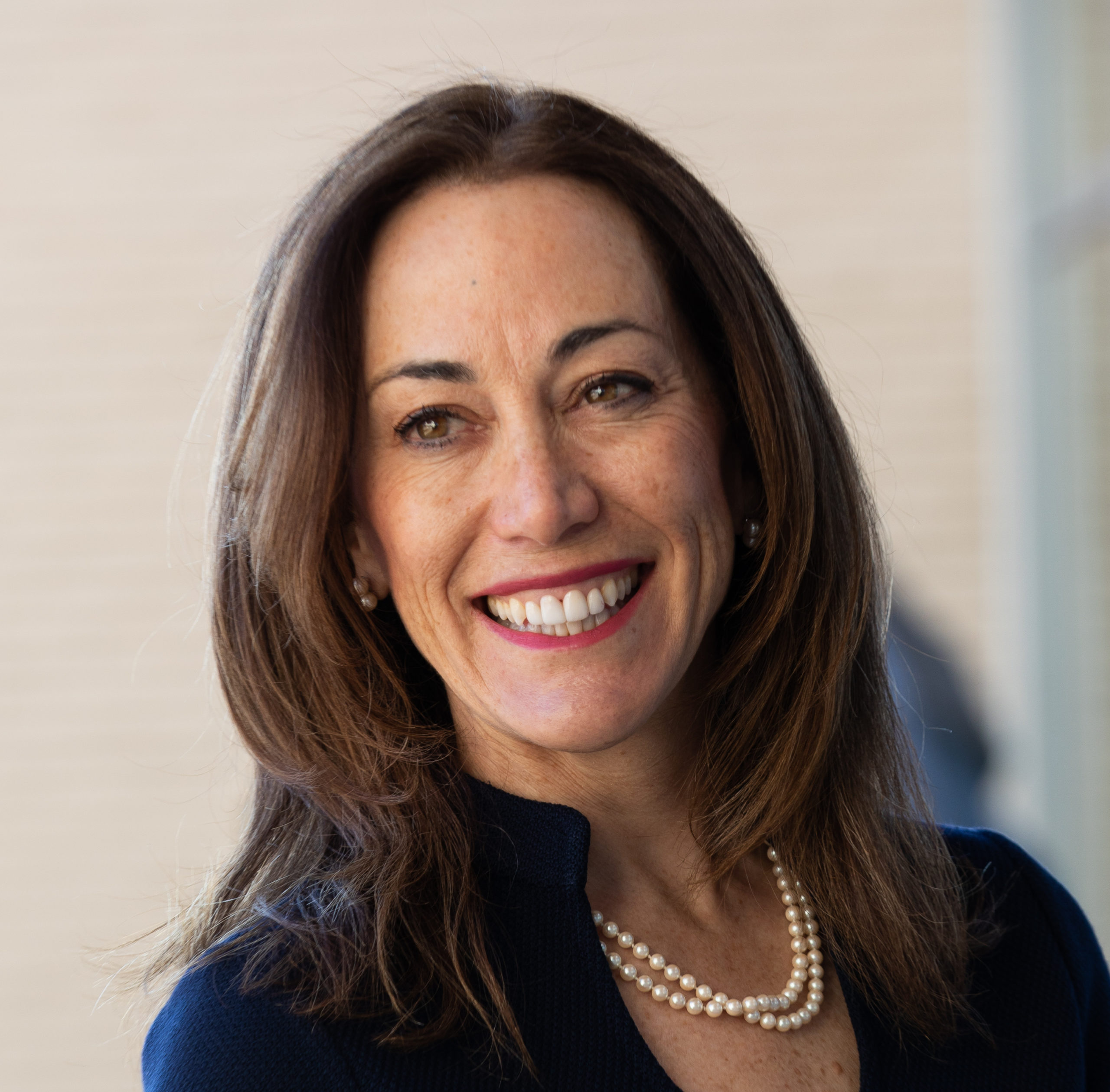The Metropolitan State University of Denver Faculty Senate convened Oct. 18, led by Senate President Liz Goodnick, Ph.D., associate professor of Philosophy.
Community Hour update
As outlined in a memo from President Janine Davidson, Ph.D., the planned Community Hour is being postponed to further address points raised through community input and to allow deeper integration with other student-success strategies.
The move to postpone the implementation of the Community Hour will allow Davidson and other leaders time to reassess the initiative, taking into account community input, including feedback from the Faculty Senate.
Shared governance — the art and science behind it
Davidson also participated in a discussion with the Senate about shared governance and what a successful model looks like at MSU Denver, acknowledging there is still work to be done.
“I’m a fan of an inclusive leadership model,” Davidson said. “Shared governance, at its core, is about making sure you get lots of voices at the table or involved in the process as you’re making big policy decisions for the University.”

To support a shared-governance model, the University has put in place processes to engage stakeholders at all levels when working through big initiatives or changes, such as the Community Hour or faculty workload. Additionally, the University’s Decision Memo is another tool that documents consensus and/or concerns and allows Davidson to see where consensus (or opposition) is coming from and the data to support. The Decision Memo is used to make final decisions and/or may serve as the catalyst for pause or reassessment.
“I am a true believer that decisions are better when a lot of people show up, so consensus is desired but not required,” Davidson said. “All of us on one side and the problem on the other and understanding that decisions get made by the people who show up — that, to me, is the art and science of shared governance.”
Provost update
Provost Ad Interim Marie Mora, Ph.D., shared updates from the Office of Academic Affairs. Highlights included:
- On-campus interviews of finalists for dean of the School of Hospitality will be Oct. 30, Nov. 1 and Nov. 2. Schedules for the forums and breakout sessions, as well as the candidates’ résumés, will be made available through the Early Bird.
- The Student Success Launch Committee has formed six working groups:
- Academic Policies as Obstacles
- Advising and Technology
- Changing Majors and Withdrawal Process
- Experiential Major Maps
- Exploratory/Undeclared and Meta Majors
- One-Click Registration
- A seventh working group focusing on Student Engagement will be added soon to explore the Community Hour proposal and other ideas to increase student engagement.
- Results from the 2023 National Survey of Student Engagement will be used to inform the work of the Student Engagement working group.
- Shoutout to the Department of Chicana and Chicano Studies and the Office of Diversity and Inclusion for hosting a successful 2023 Richard T. and Virginia M. Castro Distinguished Visiting Professorship event.
Announcements
- Community Hour Feedback is available to view. There is still time to submit feedback to the caucus chairs.
- The Compensation Equity Study will begin soon. Employees must update their employee Worker Profile in Workday to ensure data integrity and a successful analysis. Make sure title and demographic information is correct and up to date.
- More volunteers are needed for the Workload Ad Hoc Committee, which is going to liaise between the Faculty Senate and Oversight Implementation Advisory Committee for Workload. A subcommittee will be put in place to help with efficiency and get things done quicker. If interested, email Anjeli Dwyer.
- There are a few Senate committee vacancies. Check the committee rosters to learn more and to volunteer. Email Anjeli Dwyer if interested.
Quorum and minutes approval
Minutes from the Oct. 4 meeting were approved with 72 in favor, three in opposition and five abstaining.
Faculty Senate Constitution change
Kelly Evans, chair of the Rules Committee, outlined a change to the verbiage in the Constitution, Article IV — Members 1.1 Section regarding proxy voting. Currently, senators must be present at meetings to vote and cannot designate a proxy. The proposed change would add proxy language for extenuating circumstances. Proxy designation would be temporary and only for a specific meeting.
Sustainable Systems Engineering discontinuation
Kim Klimek, chair of the Curriculum Committee, and Mora outlined the proposal to discontinue the SSE program. The Faculty Senate Curriculum Committee has unanimously rejected this proposal due to it’s the program’s importance and is recommending a broader and more inclusive view by the Faculty Senate to further gain input. See the SSE proposal for discontinuation, including justification, pros and cons, and recommendations to pause the program. View Sustainable Systems Engineering on Curriculog for more information.
The Faculty Senate will vote at its next meeting, and any votes and decisions will continue through the process chain of command. Eventually, any programs must be discontinued by the Board of Trustees.
Academic Policy Committee
- Academic Standing
- The proposal is to change language to minimize confusion between financial-aid standing and academic standing. With revised language, the policy is more supportive for students who are struggling.
- Alternative Credit Options/Prior Learning Assessment
- The changes will provide clarification in the Prior Learning Assessment language to better communicate to students PLA acceptance from other institutions.
Second reads and votes
The Faculty Senate reviewed several second reads and voted to approve seven proposals:
- ESSJ bylaws change
- General Studies bylaws change
- APC D- in GS
- APC DSST exam list
- APC upper-division graduation requirement
- APC University minor language
- APC extended major

